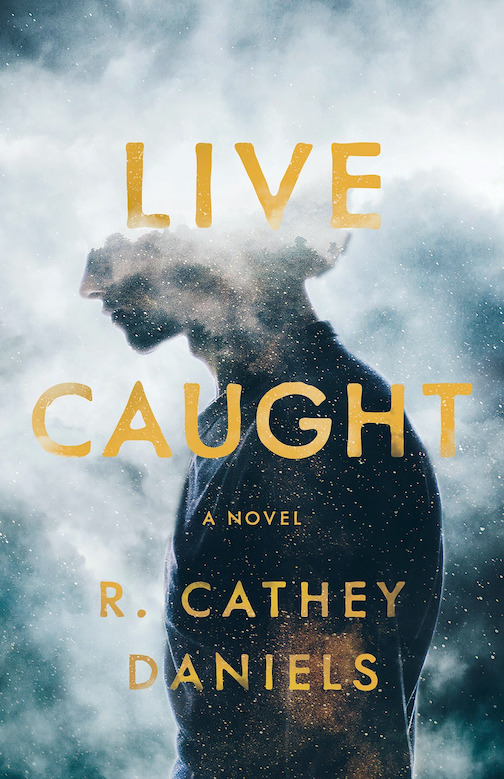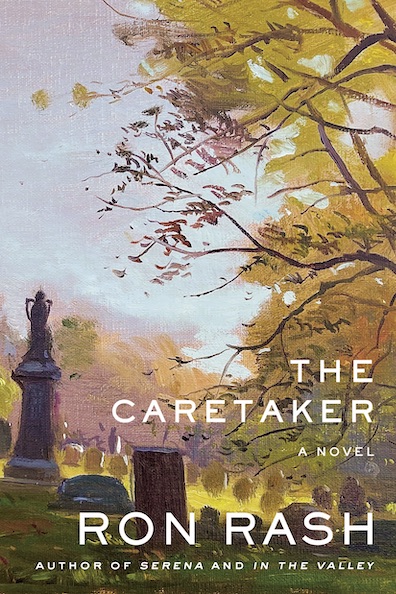Turning Something Awful into Something Good
A close look at death helps a boy grab hold of life
In book after book, Kristin O’Donnell Tubb has proven herself a master at creating charming characters with real problems who draw readers in from the very first page. Whether the setting is the New York Public Library in the early 20th century or the world of a modern service dog — described from the point of view of the dog — Tubb has us in the palm of her hand. Never has this been more evident than in her newest middle-grade novel, The Decomposition of Jack. A book about a middle schooler whose daily chores include the collection of roadkill would seem at first to be a stretch, but Tubb makes it work beautifully — it’s a slightly gross, very funny, sweetly poignant story about so much more than death.
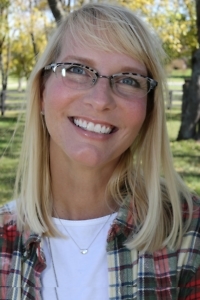
Jack’s parents are scientists whose research centers around the decomposition of wild animals. Luckily, there’s a ready supply of test subjects to be found on their local Tennessee highways, and since his parents’ divorce, Jack is his mother’s primary lab assistant, much to his embarrassment. “When Mom offers me the option of scraping the roadkill off the highway or waving the cars around, I’ve learned to just suck it up and scrape,” Jack explains. “You get scowled at when you wave the cars around. You get honked at and swerved at. You get recognized. But the scraping? You can keep your head down. And if it’s cold, like today, you can tuck all but your eyes into your scarf. Sure, the folks in Abington likely know it’s me out there with the snow shovel and bucket when they see my mom diverting traffic. But they can’t look me in the eyes. I can’t stand it when they look me in the eyes.”
Jack’s best friend André is a cartoonist who writes a comic called “Zombie Zoo,” based on Jack’s morbid menagerie. Rats, possums, skunks, deer, raccoons, armadillos, foxes, squirrels, frogs, snakes — you name it: Jack probably has one in his backyard and has given it a nickname, like “Gutsy” or “Giggles.” The other kids at school call him “Jack Splat” and “The Roadkill Kid” and persist in believing that he and his mom eat the animals. (They don’t.)
But Jack prefers to focus on life, not death. He loves photography and poetry. He’s very interested in (and terrified of) a girl from his math class named Zoe. And when he catches a glimpse of a cougar in the woods behind his house — likely one that has traveled hundreds of miles east to get there — he is smitten by its power and grace and decides to write his Earth Sciences report about it.
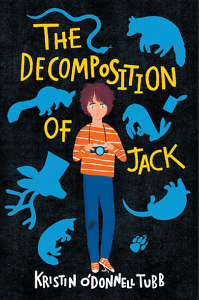 The Decomposition of Jack is about learning how to live your life in a world that seems saturated with death. Jack even finds himself using the scientific stages of decay to describe his feelings. When Zoe waves at him, he feels like “Stage Four Decomposition: entrails turning inside out.” Regarding his parents’ relationship, he says, “I watched Mom and Dad’s marriage skid through each phase of the decomposition process together: autolysis, rigor mortis, bloat, active decay, advanced decay, skeletonized. R.I.P.” And sometimes it all gets to be too much.
The Decomposition of Jack is about learning how to live your life in a world that seems saturated with death. Jack even finds himself using the scientific stages of decay to describe his feelings. When Zoe waves at him, he feels like “Stage Four Decomposition: entrails turning inside out.” Regarding his parents’ relationship, he says, “I watched Mom and Dad’s marriage skid through each phase of the decomposition process together: autolysis, rigor mortis, bloat, active decay, advanced decay, skeletonized. R.I.P.” And sometimes it all gets to be too much.
He wants to see his dad more often and scrape up carcasses less often. He wants to help the cougars and raise awareness about the losses of habitat that are driving them so far from home and into danger. He wants to know the right words to say over the animals whose remains he collects — animals his dad says should not be thought of as disposable, despite the thoughtlessness with which human beings in a hurry kill and discard them. Most of all, Jack wants to know how to ask for what he wants. The Decomposition of Jack is about death, of course, but it’s also about humanity and heart, friendship and family, creativity and courage. It’s about “[turning] something awful into something good.” In other words, it’s about life.
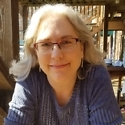
Tina Chambers has worked as a technical editor at an engineering firm and as an editorial assistant at Peachtree Publishers, where she worked on books by Erskine Caldwell, Will Campbell, and Ferrol Sams, to name a few. She lives in Chattanooga.
